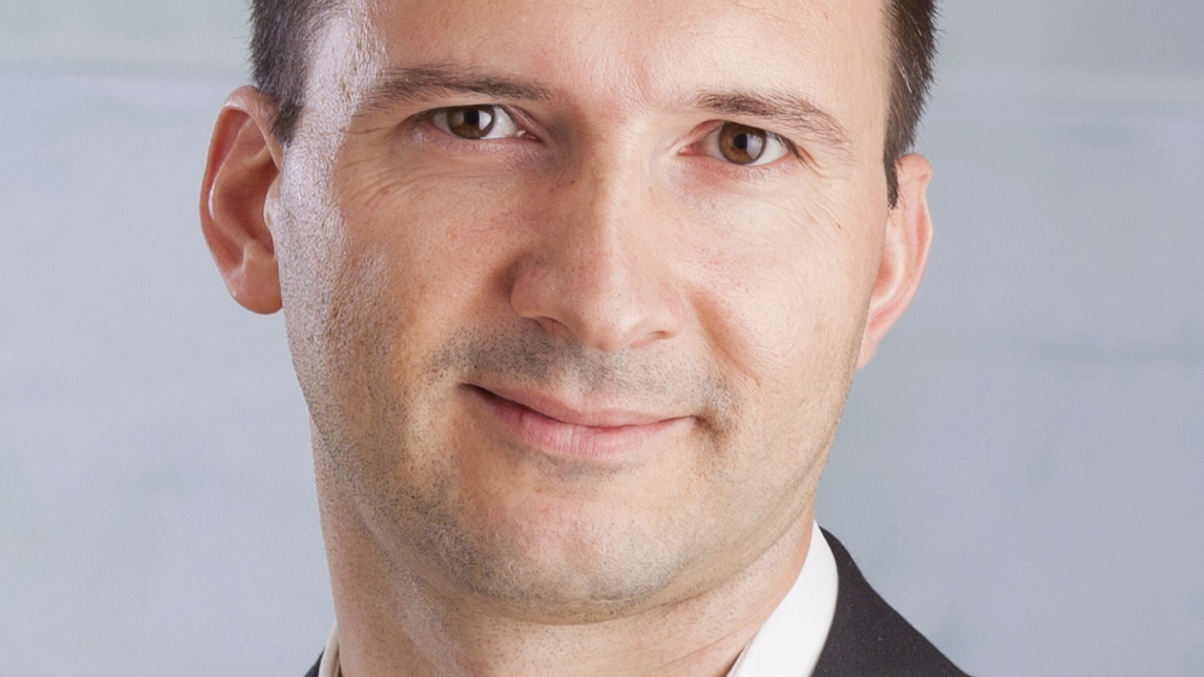Nordea Asset Management starts regional buildout
Nordea Asset Management will begin distributing its Ucits product range to Singapore and Hong Kong institutional and accredited investors, and has hiring plans.

Nordea Asset Management is in the process of building a new distribution platform in Singapore and aims to partner with a sub-adviser in Hong Kong or Singapore.
Sign in to read on!
Registered users get 2 free articles in 30 days.
Subscribers have full unlimited access to AsianInvestor
Not signed up? New users get 2 free articles per month, plus a 7-day unlimited free trial.
¬ Haymarket Media Limited. All rights reserved.


